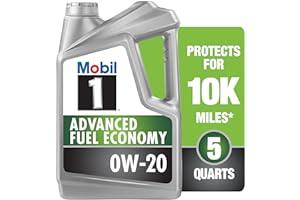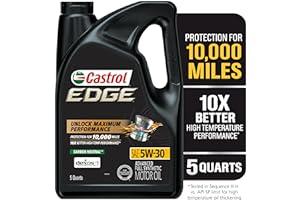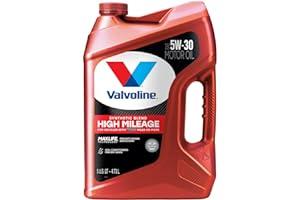Best Selling Motor Oils
Motor oil is a vital fluid that lubricates the moving parts of your engine. It helps to reduce friction, cool the engine, and prevent corrosion. There are many different types of motor oil available, each with its own unique set of properties. The best type of oil for your car will depend on its make, model, and year.
Links to Best Selling Motor Oils
What is Motor Oil?
Motor oil is a petroleum-based fluid that is used to lubricate the moving parts of an engine. It helps to reduce friction, which can cause wear and tear on the engine. Motor oil also helps to cool the engine by carrying away heat. Additionally, motor oil can help to prevent corrosion and rust.
Types of Motor Oil
There are many different types of motor oil available, each with its own unique set of properties. The most common types of motor oil are:
- Conventional motor oil
- Synthetic motor oil
- High-mileage motor oil
- Diesel engine oil
- Synthetic blend motor oil
Each type of motor oil has its own advantages and disadvantages. Conventional motor oil is the most affordable type of oil, but it does not offer the same level of protection as synthetic oil. Synthetic motor oil is more expensive than conventional oil, but it provides better protection against wear and tear. High-mileage motor oil is designed for engines with over 75,000 miles on them. It helps to prevent oil leaks and keep the engine running smoothly. Diesel engine oil is designed for diesel engines and helps to protect the engine from the high temperatures and pressures that are common in diesel engines. Synthetic blend motor oil is a combination of conventional and synthetic oil. It offers the best of both worlds, providing good protection at an affordable price.
How to Choose the Right Motor Oil
The best way to choose the right motor oil for your car is to consult your owner's manual. The manual will list the recommended type of oil for your car, as well as the oil viscosity. The oil viscosity is a measure of how thick or thin the oil is. The higher the viscosity, the thicker the oil.
You can also choose a motor oil based on your driving conditions. If you drive in stop-and-go traffic or in hot weather, you may want to choose a thinner oil. This will help to improve fuel economy and prevent the engine from overheating. If you drive long distances at high speeds, you may want to choose a thicker oil. This will help to protect the engine from wear and tear.
How to Change Your Motor Oil
Changing your motor oil is a relatively simple task that can be performed at home. However, it is important to follow the manufacturer's instructions for your specific car. Here are the basic steps involved in changing your motor oil:
- Park your car on a level surface.
- Turn off the engine and allow it to cool down.
- Locate the oil drain plug and the oil filter.
- Place a drain pan under the oil drain plug.
- Loosen the oil drain plug and allow the oil to drain out.
- Replace the oil drain plug.
- Locate the oil filter.
- Apply a thin coat of new oil to the gasket of the new oil filter.
- Screw on the new oil filter by hand. Do not overtighten the oil filter.
- Add the correct amount of new oil to the engine.
- Start the engine and let it run for a few minutes.
- Check the oil level and add more oil if necessary.
Changing your motor oil regularly is an important part of car maintenance. It helps to keep your engine running smoothly and efficiently.


